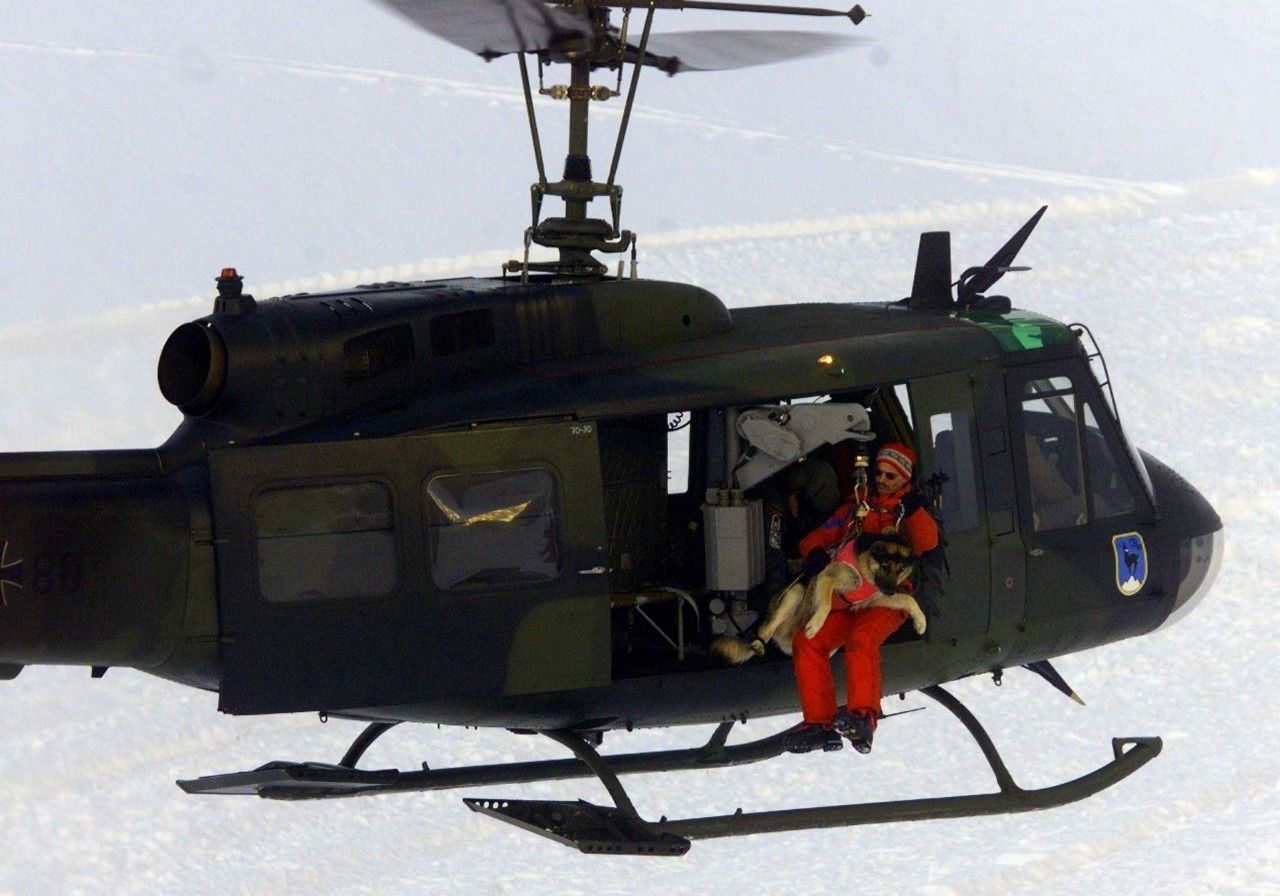Could augmented reality headsets help helicopter rescue pilots to fly more safely in extreme weather conditions — including heavy fog — in which they have poor visibility? That’s the question set out by a group of researchers at Germany’s Technical University of Munich (TUM). Their answer? An overwhelming yes.
Carried out in collaboration with the Institute of Helicopter Technology, the project uses a helicopter-mounted LIDAR (Light Detection and Ranging) system to create virtual images of upcoming hazards and other obstacles. This signal data is then processed onboard the helicopter and transmitted to the transparent head-mounted display worn by pilots.
“Databases containing obstacles and terrain data are used together with real-time data from sensors in order to substitute the lost visual cues in degraded visual environment” Franz Viertler, a professor of aeronautical engineering who worked on the project, told Digital Trends. “The other part of the research then deals with how to best visualize the data for the pilot in order to enable a safe flight. The head-mounted display is a perfect means to do this, because the pilots can keep their eyes out of the window, while they get additional information about hazardous obstacles.”
